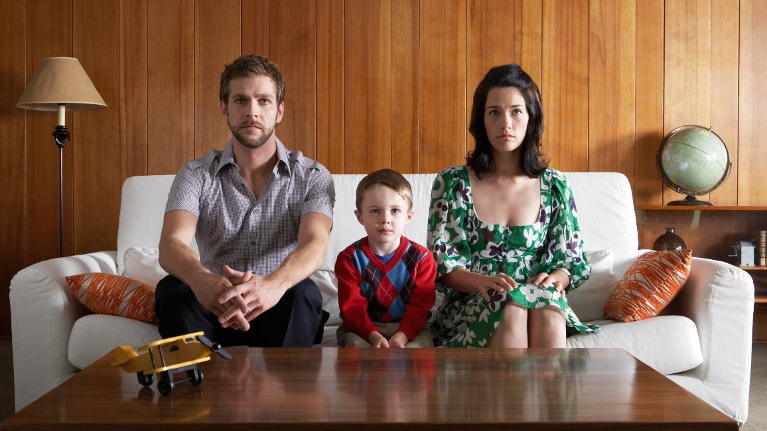
The traditional sixth toast of the week in many navies was “To Wives and Sweethearts”.
Classically, although unofficially, this is met with a reply of “May they never meet”. When Russell Crowe makes the toast in “Master and Commander” he adds that himself after the toast. The officers laugh at the joke, so I’m not certain if this is the first time he’s make the toast or it’s been given every week they’ve been on a ship since they joined the navy and they are very, very polite. Like the toast to “Our Men” this has been modified a bit over the years and - though I presume the original is still delivered in places – it has evolved into “Our Families”. Which is probably more representative of the spirit behind it, and a very clear parallel with dentistry and orthodontics.

Like a military commission, dentistry is a very vocational profession. I didn’t realise the full ramifications of this until I saw an episode of Star Trek where a space cadet (and I’ve met a few of those in dentistry too) is asked why he wants to become a Star Fleet officer. He says he thought it would be a good job and he’s corrected that it’s “not a job”. Which is true – they head off to boldly go where no man has gone before (these days it’s where no one has gone before) to explore the final frontier and they might get eaten by a giant space cucumber or vaporised by Romulans or led astray by Space Hippies. Russell Crowe only had to deal with mutiny, scurvy and Napoleon. But in both cases, there’s clearly no question of being back at tea-time.
Dentists are a bit luckier than that but it’s still very vocational – “vocation” derived from the Latin words for "calling". Dentists are in some way driven to be dentists. It’s not just a job, it’s not something they “do”, it’s something they “are”. When you take that on board, then everyone around you has to as well. It’s no surprise when I go a lecture from an international orthodontist - home or abroad – they usually start by showing a photo of their family. There’s an implicit gratitude for their tolerance and forbearance.
Studying dentistry is a five year degree. In different countries you may have to have some other university time clocked up before you move into dentistry. A dental degree allows you to be on the “Dental Register”, but after that there could be more training – either formal or just by clocking up the hours in surgery. The usual next level of formal training is actually called “Vocational training” or VT. That might culminate in a general purpose post-graduate qualification, quite often awarded by the College of Surgeons or similar. After that you might want to formally study for a dental specialist career – such as orthodontics. That would be another 3-5 years depending on the level you want to pursue it.
Some dentists have an urge to move into an area of medicine call “Oral Maxillo-Facial Surgery”, it’s not a dental specialty, you have to have a medical degree, go through a junior doctor and surgeon training pathway and then formal training in the specialty. That’s a lot of letters after your name. Or not – I used to work for a guy that just had “FDS FRCS” after his name, because anyone that knew how these things worked then knew that the others are a given thing and those particular letters are the ones that were unique to what he did.
In any case, if my orthodontic class was representative, you’re still sitting exams and studying away in the nights and weekends in your 30s and 40s if that’s a career you want to pursue, so it can be quite testing on the relationships you have within families. Even without the exams, the sense that you have to serve your patients can mean that you end up spending long hours at the surgery. So we should be grateful for our families and the faith they have in us.
I think the specialty would agree with me and raise our glasses…
Our Families